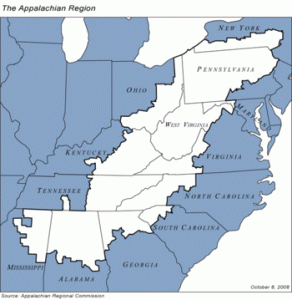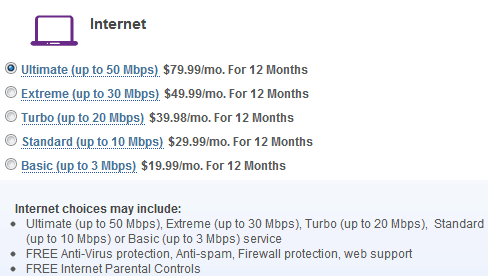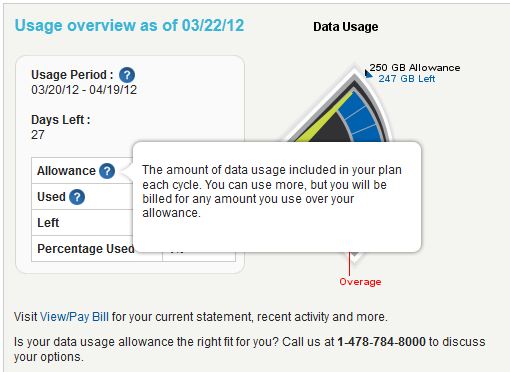Some 8,000 residents in Pike, Scioto, and Jackson counties found themselves without phone service when copper thieves mistakenly cut a critical fiber optic line serving Frontier Communications customers across the region.
As a result, phone service, broadband, 911, and even ATM machines were left out of order for hours last Wednesday, not restored until Thursday afternoon.
Pike County Sheriff Richard Henderson told WBNS-TV the outage was devastating for emergency responders.
“It’s a fear for us, because we depend on it for people to be able to call us for emergency situations,” Henderson said.
As a result of the fiber cut, the department was able to forward cellular 911 calls to neighboring counties, but the delay in response could have been life-threatening in some cases.
Frontier and other phone companies in Appalachia have been particularly hard-hit by copper theft, often committed by those with substance abuse problems.
Scrap copper prices remain very high, and some scrap dealers are accused of looking the other way when suspiciously-obtained “scrap copper” is delivered for a cash sale.
Brazen copper thieves have even stripped copper phone wiring in broad daylight, literally tearing it off utility poles as they drive down rural country roads.
Some of the worst problems have occurred in West Virginia, where lawmakers are beefing up criminal penalties for copper theft in an effort to control the problem.
Unfortunately for phone companies like Frontier, thieves often mistake fiber optic cabling — worthless for scrap metal resale — for copper, and with phone companies increasingly dependent on fiber to move a substantial amount of data traffic and phone calls between central offices and beyond, a single fiber cut can create major headaches for customers, and an expensive, often complex repair job for technicians.
Some companies in hard-hit areas are now building network redundancy into their service areas, allowing for quicker restoration of service.
That won’t help customers who are missing the phone cable that used to wind through their neighborhood, but maintaining a backup could be a life-saver in cases where phone companies rely on fiber and copper cables to move large numbers of calls between their switching centers and beyond.
[flv width=”600″ height=”356″]http://www.phillipdampier.com/video/WBNS Columbus Thieves Cripple 911 Internet Phone Services In Pike Scioto Jackson Counties 3-30-12.f4v[/flv]
WBNS in Columbus covered the extensive impact copper theft can have disrupting daily life in southern Ohio. (3 minutes)


 Subscribe
Subscribe




 Our good friends at Broadband Reports
Our good friends at Broadband Reports 


